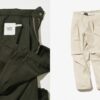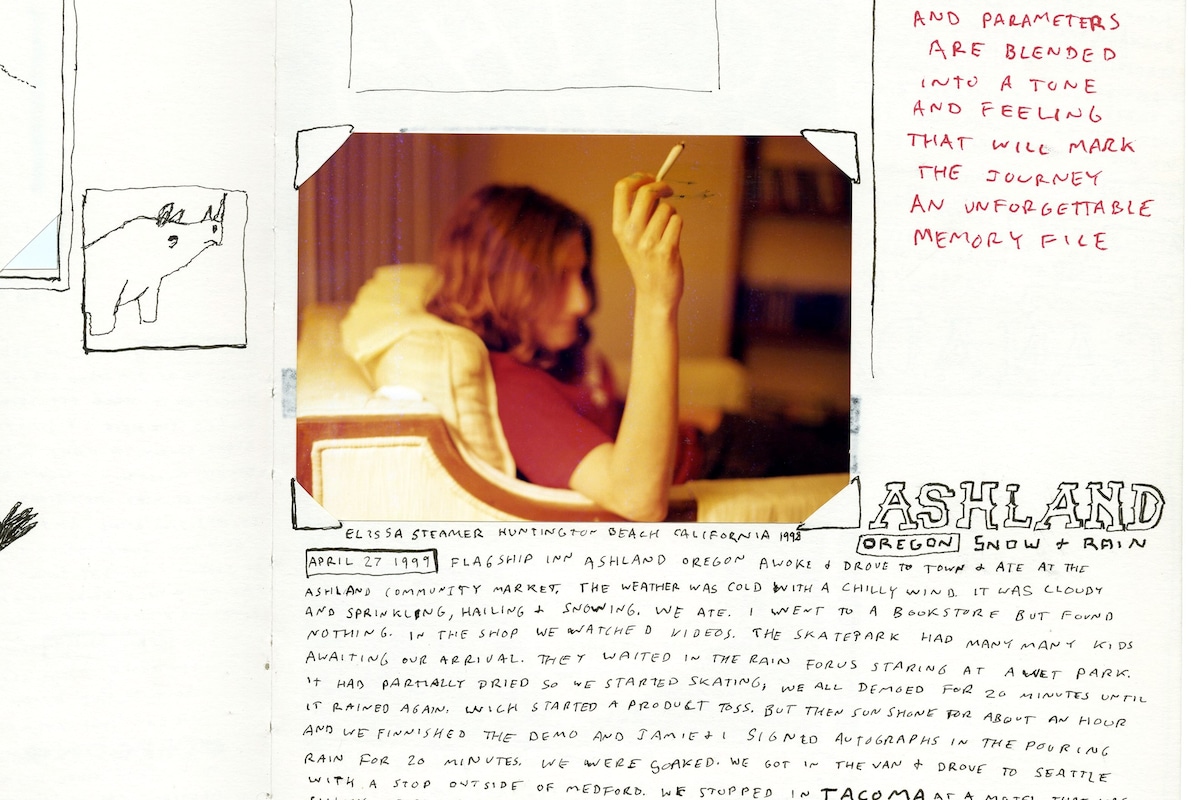
Rewrite
Lead ImageWires Crossed by Ed TempletonCourtesy of the artist and Aperture
Whether you’ve been writing a diary since you were six or ignoring the empty Moleskine you bought last year, there’s much to learn from the way artists keep their journals. Julia Cameron explores this in her cult 1992 book The Artist’s Way, which has seen a quiet resurgence among young creatives in recent years. Written at the height of the self-help boom, some of its inner-child and spiritual rhetoric may feel a little prosaic today, but its foundational practice of ‘morning pages’ – writing three handwritten pages of stream-of-consciousness text upon waking – is what the book is most famous for.
You don’t have to have read The Artist’s Way to know that diary-keeping has long served as a companion to the creative life, fortifying and informing the work of countless artists. Sophie Calle turned her diary pages into artworks of intimacy and control; Tracey Emin’s caustic scrawlings have been transformed into neon sculptures; and David Wojnarowicz filled over 30 journals during his short life, several of which became seminal works of queer literature. Whether writing for love, politics or radical self-definition, each artist has seemingly shared a compulsion to put pen to paper to make sense of life. Literary figures from Joan Didion to Susan Sontag have written much on the power of the practice, with the latter stating, “In the journal I do not just express myself more openly than I could to any person; I create myself.”
Here, five creatives – Coco Capitán, Ed Templeton, Vinca Petersen, Lina Scheynius and Clem MacLeod – share how journaling has informed their work and guided them through important moments in life, as well as their best advice for anyone wanting to start.
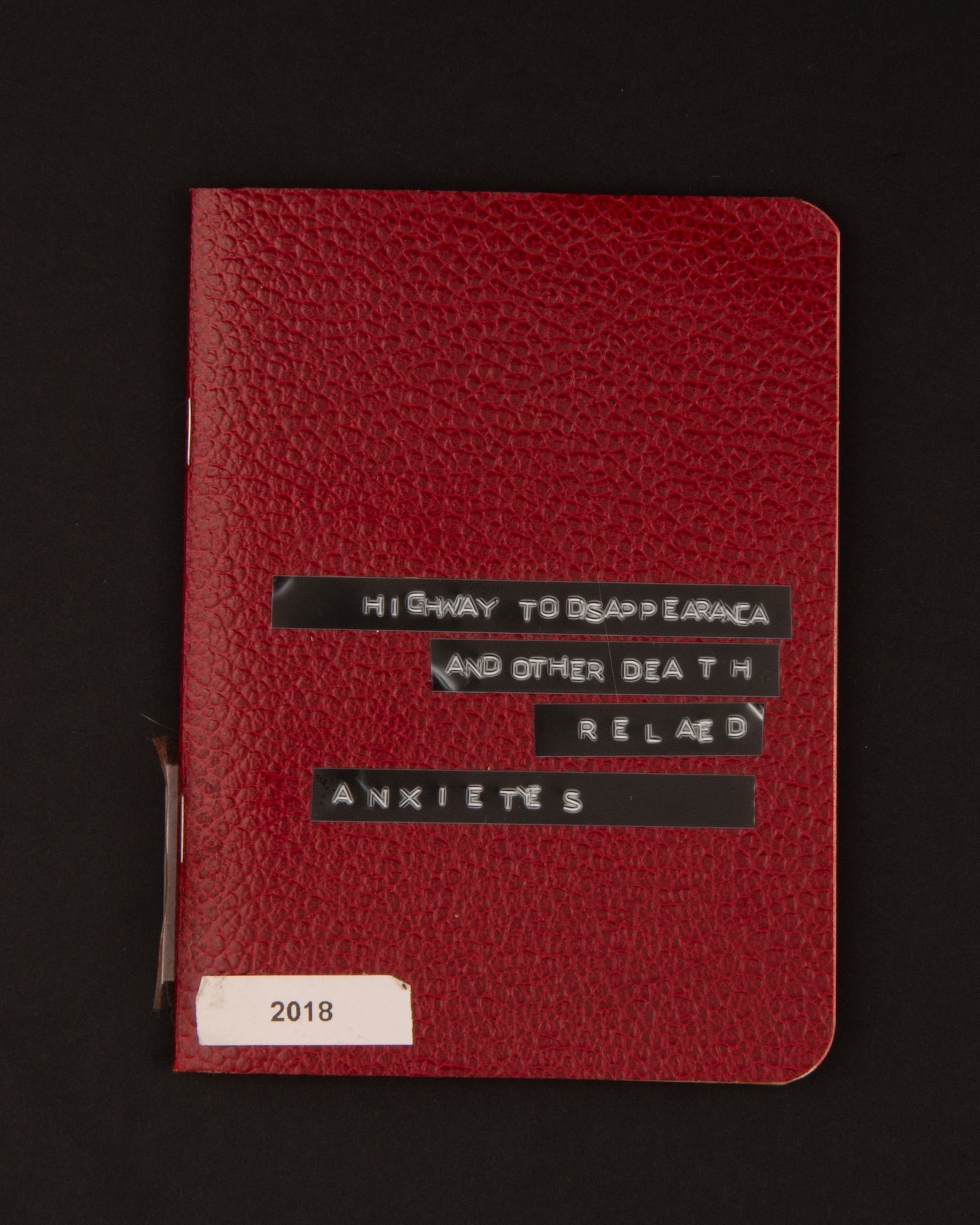
What’s the best time of day to write?
I don’t always follow the rule, but the rule is to wake up in the morning, have breakfast and write before anything else.
Does the medium matter – digital or pen to paper?
I am very picky. It sounds posh, but I mostly use Smythson notebooks. I did a collab with them some time ago and they paid me in notebooks. I hate notebooks that have lines or squares; it really disturbs me. I need a blank page – don’t tell me where to write!
How has writing helped you through important moments in your life?
I don’t think of it as therapeutic, even though many people talk about it in such terms. It’s just an integral part of who I am. When I was a teenager and I was the most insecure, writing was so important because I wasn’t able to use my voice to say how I really felt. I felt like people couldn’t really reach the real me if it wasn’t through writing – and not just through a diary, but writing letters and sending long emails. The more secure I became, the less I needed it. I was finally able to vocalise what I was thinking.
What’s your best advice for someone wanting to start using a diary?
Commitment, more than anything. A diary is just for you, so who the hell cares if your writing is good or not? At least in theory, no one else is going to read it.
“Wake up in the morning, have breakfast and write before anything else” – Coco Capitán
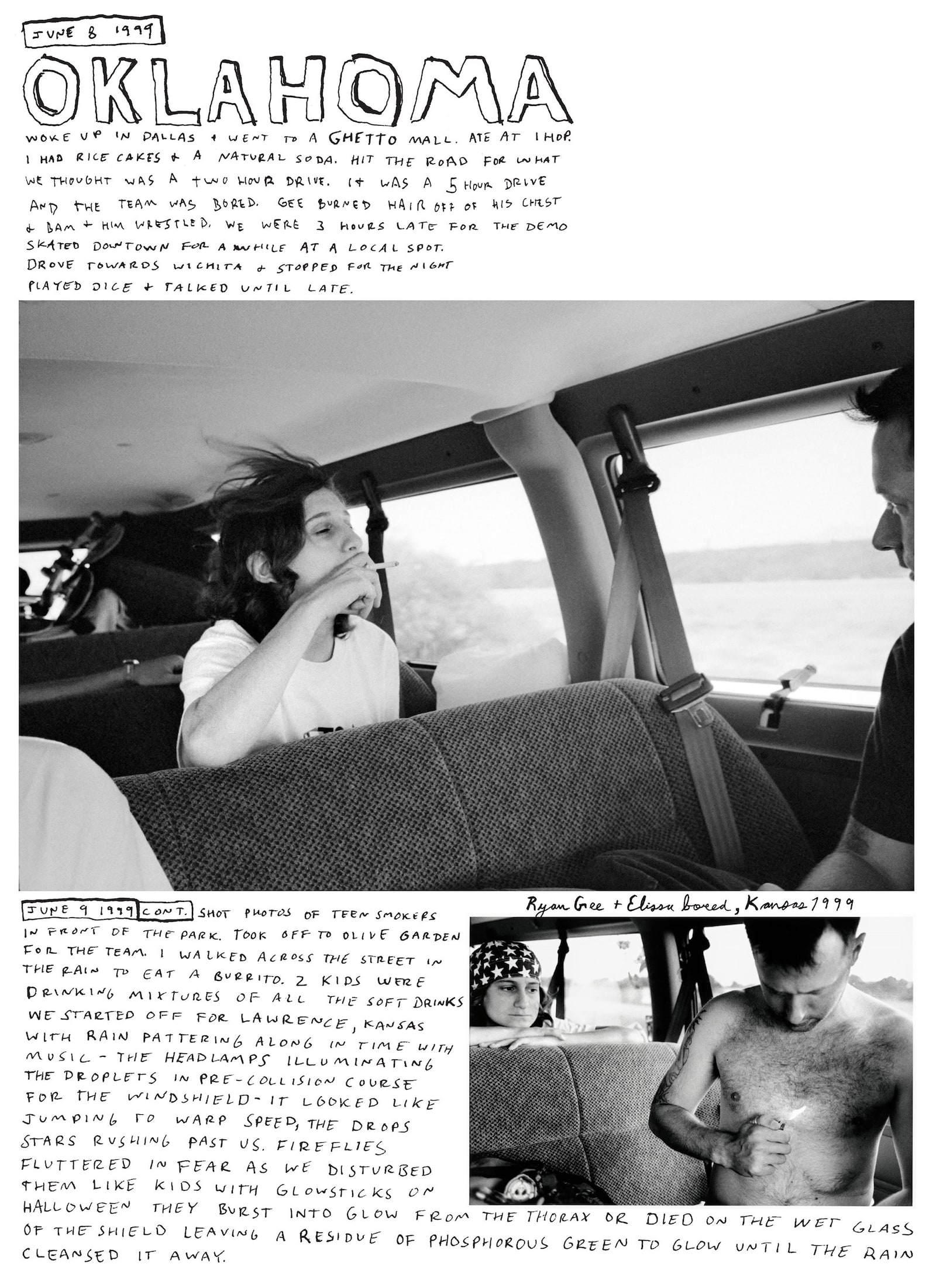
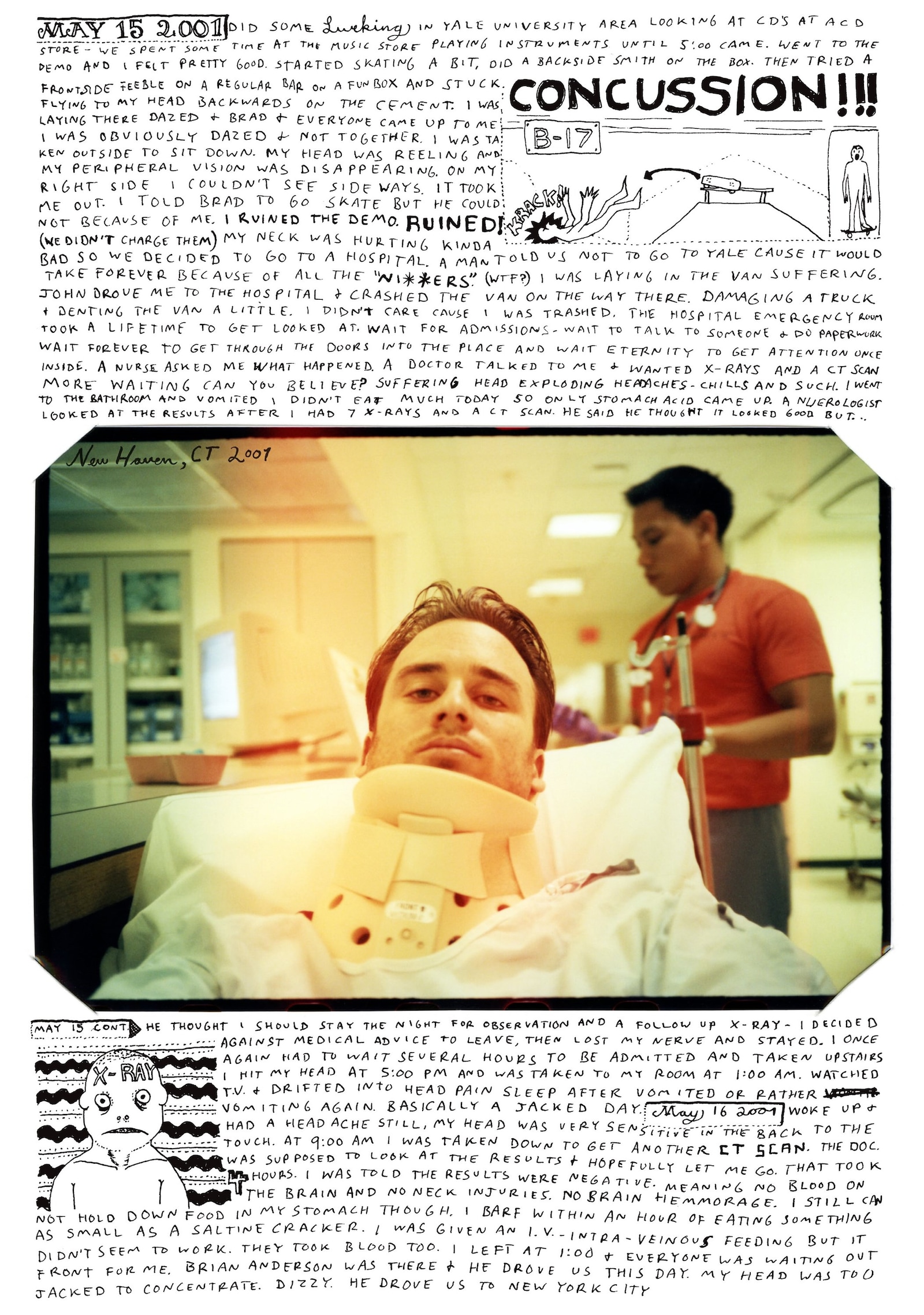
When and why did you first start writing a diary?
My grandmother kept a daily journal, which always fascinated me. Her cursive writing was like hieroglyphics to me. I have a diary from 1990 with really bare bones explanations of what I was doing on certain days. It might be a single sentence like, “Tuesday, January 9, skateboarded at HB High School, Deanna has the Bronco because her new car is in the shop.” Then I wouldn’t write another entry for a month. This has been my relationship to diaries ever since. Once in a while, I feel compelled to write down what is happening on certain days. It’s not profound at all, or my deepest inner thoughts.
What’s the best time of day to write?
Usually the end of day, frantically, before going to bed.
Does the medium matter?
I use a dipping pen and ink, which is super archaic and a hassle to travel with, but the way the ink sits on the paper is something I’m addicted to, so the delivery is worth the load. I got these special sketchbooks in the UK that don’t bleed through to the other page. I also keep a smaller Moleskine with me, where I use ballpoint, pen, pencil or whatever is available for quick sketches and ideas.
How has diary-keeping helped you through important moments in your life?
They have not helped me through important moments, but rather documented them, which has allowed me to reflect back on some of those moments and realise what an idiot I was. That has helped me to reduce that idiocy in the future.
What’s your best advice for someone wanting to start writing?
Just do it every day, unlike me. The writers I know force themselves to write every day, no matter what mood they’re in. They all swear by it. I might not write every day, but I do draw something almost every day.
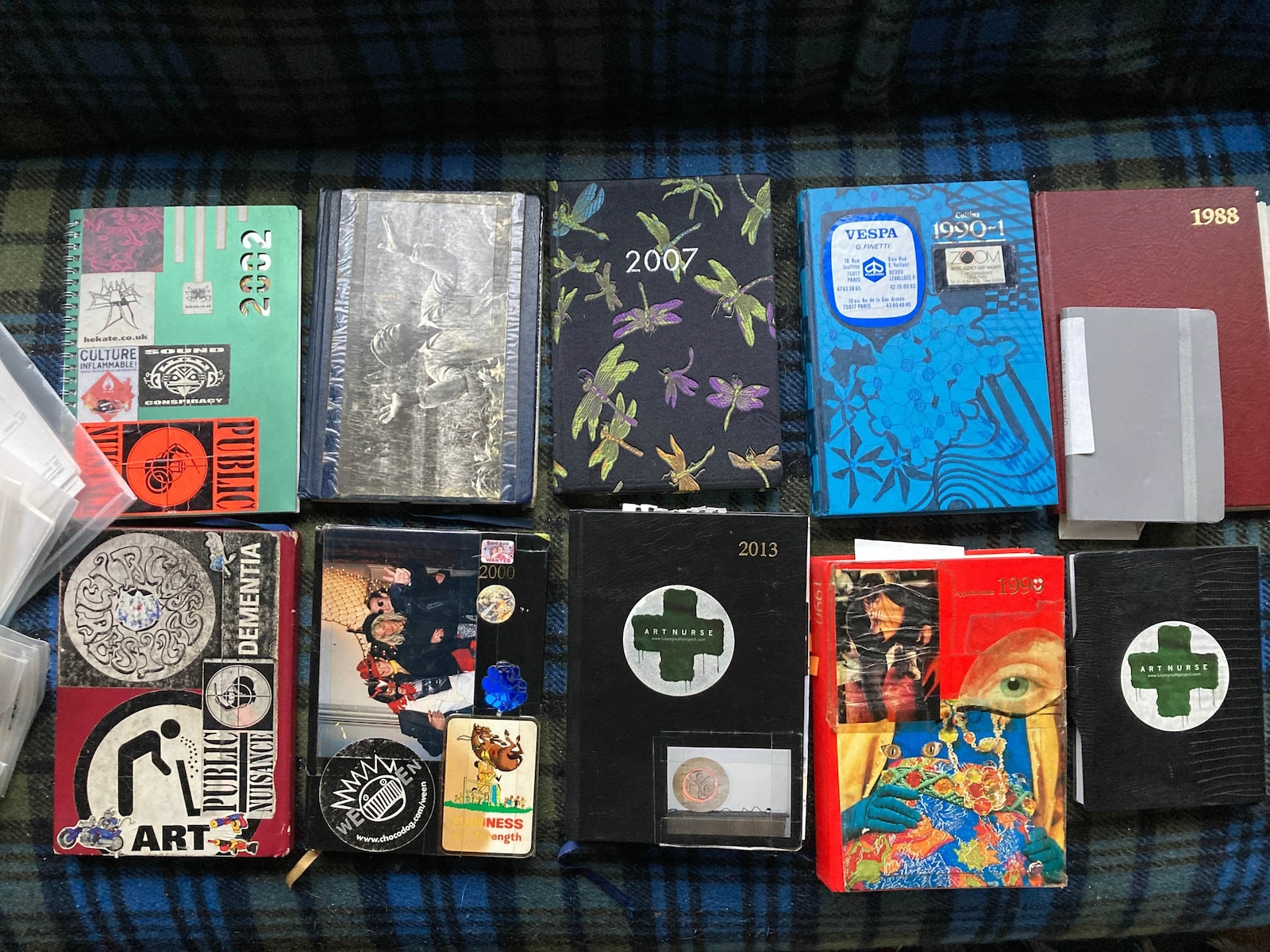
When and why did you first start writing a diary?
My diaries tended to be something I did when I was up to something really exciting. I kept diaries when I drove across Africa, for example, and I wrote ten exercise books. Then the other times that I keep diaries are when I’m not in a relationship, interestingly. I thought about why that might be, and I remember someone saying something once that really struck a chord – it was the idea that the core thing in a relationship is that you have a witness to your life. Maybe a diary is a passive witness.
How does writing inform your creativity?
I’ve got the worst memory. There’s a theory in psychology that sometimes memories can be built. My memories are all based around photos and things I’ve written, pictures I’ve thumbed through and thoughts I’ve re-read in old diaries.
What’s your best advice for someone wanting to start using a diary?
When I talk to art students about photography, I say, “Create objects.” We don’t create objects very much anymore. Print your prints, put them in boxes under your bed. Write your diaries. If you have notes on your phone or in your laptop, print them out at some point and stick them in a book.
“Writing is crucial for me – to be able to get the chaos out and down on paper, and to be able to try out the words you are not sure you have the courage to say out loud yet” – Lina Scheynius
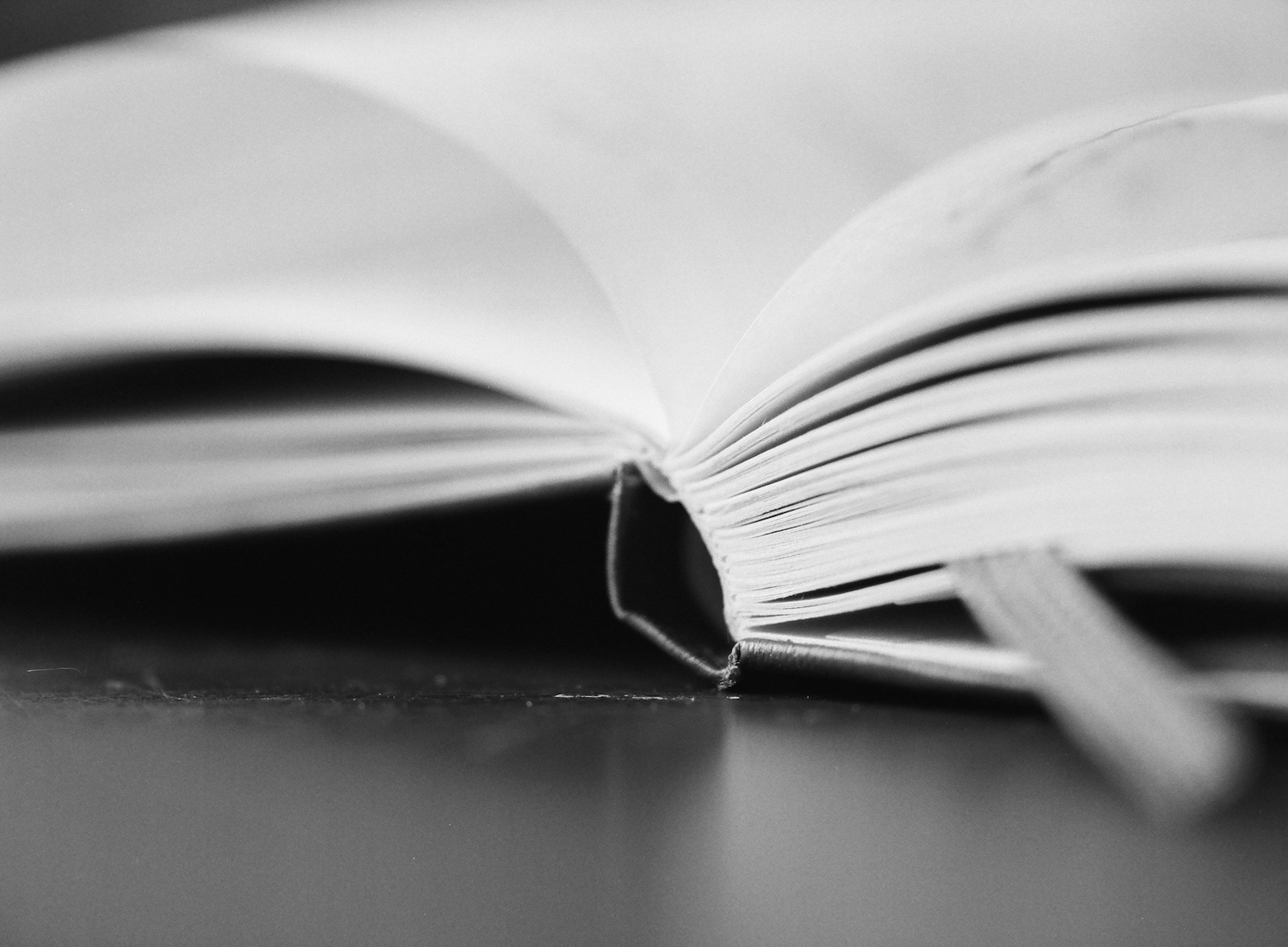
How has diary-keeping helped you through important moments in your life?
I just released Diary of an Ending, my first prose book. The foundation of this book is my diary that I wrote in the six months after a break-up while processing a destabilising relationship. Writing is crucial for me – to be able to get the chaos out and down on paper, and to be able to try out the words you are not sure you have the courage to say out loud yet.
Do you work digitally or by hand?
I do them all, but the only one I use with consistency is a Moleskine notebook that I can carry around. I like to be able to flick through it. There is something exhilarating about carrying your most private thoughts around with you.
What’s your best advice for someone wanting to start a diary?
Work out how to keep it hidden. If this is on a computer with a password or under the floorboards, it doesn’t really matter. Only when you feel safe that your words are yours only will you be able to write freely.
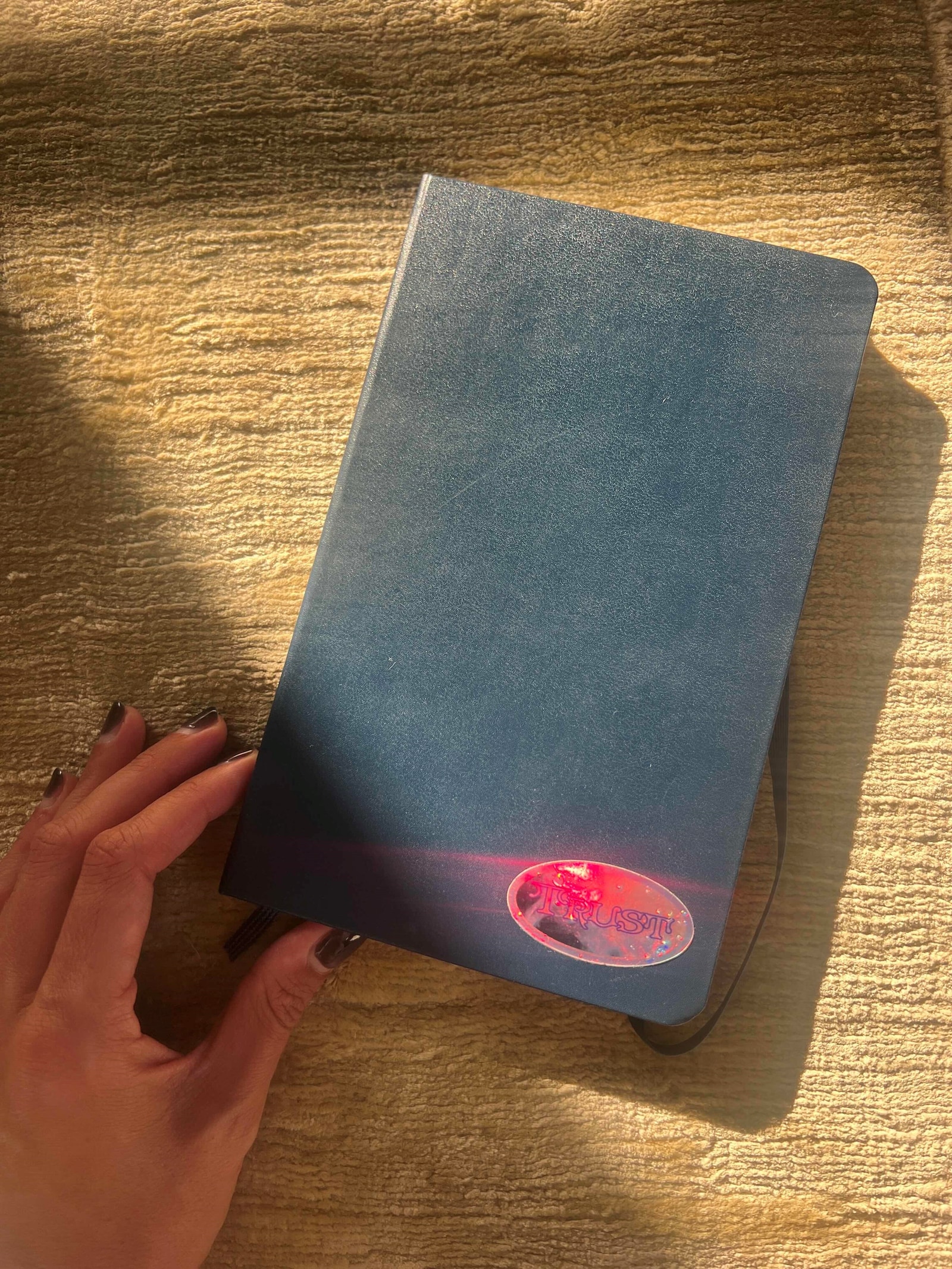
When and why did you first start writing a diary?
I bought my first Moleskine when I was 14 and having a bit of a meltdown. I had read Joan Didion’s essay On Keeping a Notebook, and in it she says, “Keepers of private notebooks are a different breed altogether, lonely and resistant rearrangers of things.” I know it’s the ultimate cliché to quote Joan Didion, but I do think that line set the wheels in motion for my diary writing. In that essay, she also talks about her disdain for the kind of diary that recounts events from the day. What she says is important, is getting down how it felt. This is something I really agree with.
How does writing inform your creativity?
I have to be calm to be creative. Writing my morning pages every day is the brain dump that I need. It really does clear out the cobwebs and puts a lot of the noise to bed. I also think that keeping a diary really fosters attention. It’s definitely the space that I desire the least amount of control over.
What’s your best advice for someone wanting to start a diary?
Don’t overthink it. You will be completely astounded by the things that come up when you allow your brain to take over your hand, without resistance.
in HTML format, including tags, to make it appealing and easy to read for Japanese-speaking readers aged 20 to 40 interested in fashion. Organize the content with appropriate headings and subheadings (h1, h2, h3, h4, h5, h6), translating all text, including headings, into Japanese. Retain any existing
tags from
Lead ImageWires Crossed by Ed TempletonCourtesy of the artist and Aperture
Whether you’ve been writing a diary since you were six or ignoring the empty Moleskine you bought last year, there’s much to learn from the way artists keep their journals. Julia Cameron explores this in her cult 1992 book The Artist’s Way, which has seen a quiet resurgence among young creatives in recent years. Written at the height of the self-help boom, some of its inner-child and spiritual rhetoric may feel a little prosaic today, but its foundational practice of ‘morning pages’ – writing three handwritten pages of stream-of-consciousness text upon waking – is what the book is most famous for.
You don’t have to have read The Artist’s Way to know that diary-keeping has long served as a companion to the creative life, fortifying and informing the work of countless artists. Sophie Calle turned her diary pages into artworks of intimacy and control; Tracey Emin’s caustic scrawlings have been transformed into neon sculptures; and David Wojnarowicz filled over 30 journals during his short life, several of which became seminal works of queer literature. Whether writing for love, politics or radical self-definition, each artist has seemingly shared a compulsion to put pen to paper to make sense of life. Literary figures from Joan Didion to Susan Sontag have written much on the power of the practice, with the latter stating, “In the journal I do not just express myself more openly than I could to any person; I create myself.”
Here, five creatives – Coco Capitán, Ed Templeton, Vinca Petersen, Lina Scheynius and Clem MacLeod – share how journaling has informed their work and guided them through important moments in life, as well as their best advice for anyone wanting to start.

What’s the best time of day to write?
I don’t always follow the rule, but the rule is to wake up in the morning, have breakfast and write before anything else.
Does the medium matter – digital or pen to paper?
I am very picky. It sounds posh, but I mostly use Smythson notebooks. I did a collab with them some time ago and they paid me in notebooks. I hate notebooks that have lines or squares; it really disturbs me. I need a blank page – don’t tell me where to write!
How has writing helped you through important moments in your life?
I don’t think of it as therapeutic, even though many people talk about it in such terms. It’s just an integral part of who I am. When I was a teenager and I was the most insecure, writing was so important because I wasn’t able to use my voice to say how I really felt. I felt like people couldn’t really reach the real me if it wasn’t through writing – and not just through a diary, but writing letters and sending long emails. The more secure I became, the less I needed it. I was finally able to vocalise what I was thinking.
What’s your best advice for someone wanting to start using a diary?
Commitment, more than anything. A diary is just for you, so who the hell cares if your writing is good or not? At least in theory, no one else is going to read it.
“Wake up in the morning, have breakfast and write before anything else” – Coco Capitán


When and why did you first start writing a diary?
My grandmother kept a daily journal, which always fascinated me. Her cursive writing was like hieroglyphics to me. I have a diary from 1990 with really bare bones explanations of what I was doing on certain days. It might be a single sentence like, “Tuesday, January 9, skateboarded at HB High School, Deanna has the Bronco because her new car is in the shop.” Then I wouldn’t write another entry for a month. This has been my relationship to diaries ever since. Once in a while, I feel compelled to write down what is happening on certain days. It’s not profound at all, or my deepest inner thoughts.
What’s the best time of day to write?
Usually the end of day, frantically, before going to bed.
Does the medium matter?
I use a dipping pen and ink, which is super archaic and a hassle to travel with, but the way the ink sits on the paper is something I’m addicted to, so the delivery is worth the load. I got these special sketchbooks in the UK that don’t bleed through to the other page. I also keep a smaller Moleskine with me, where I use ballpoint, pen, pencil or whatever is available for quick sketches and ideas.
How has diary-keeping helped you through important moments in your life?
They have not helped me through important moments, but rather documented them, which has allowed me to reflect back on some of those moments and realise what an idiot I was. That has helped me to reduce that idiocy in the future.
What’s your best advice for someone wanting to start writing?
Just do it every day, unlike me. The writers I know force themselves to write every day, no matter what mood they’re in. They all swear by it. I might not write every day, but I do draw something almost every day.

When and why did you first start writing a diary?
My diaries tended to be something I did when I was up to something really exciting. I kept diaries when I drove across Africa, for example, and I wrote ten exercise books. Then the other times that I keep diaries are when I’m not in a relationship, interestingly. I thought about why that might be, and I remember someone saying something once that really struck a chord – it was the idea that the core thing in a relationship is that you have a witness to your life. Maybe a diary is a passive witness.
How does writing inform your creativity?
I’ve got the worst memory. There’s a theory in psychology that sometimes memories can be built. My memories are all based around photos and things I’ve written, pictures I’ve thumbed through and thoughts I’ve re-read in old diaries.
What’s your best advice for someone wanting to start using a diary?
When I talk to art students about photography, I say, “Create objects.” We don’t create objects very much anymore. Print your prints, put them in boxes under your bed. Write your diaries. If you have notes on your phone or in your laptop, print them out at some point and stick them in a book.
“Writing is crucial for me – to be able to get the chaos out and down on paper, and to be able to try out the words you are not sure you have the courage to say out loud yet” – Lina Scheynius

How has diary-keeping helped you through important moments in your life?
I just released Diary of an Ending, my first prose book. The foundation of this book is my diary that I wrote in the six months after a break-up while processing a destabilising relationship. Writing is crucial for me – to be able to get the chaos out and down on paper, and to be able to try out the words you are not sure you have the courage to say out loud yet.
Do you work digitally or by hand?
I do them all, but the only one I use with consistency is a Moleskine notebook that I can carry around. I like to be able to flick through it. There is something exhilarating about carrying your most private thoughts around with you.
What’s your best advice for someone wanting to start a diary?
Work out how to keep it hidden. If this is on a computer with a password or under the floorboards, it doesn’t really matter. Only when you feel safe that your words are yours only will you be able to write freely.

When and why did you first start writing a diary?
I bought my first Moleskine when I was 14 and having a bit of a meltdown. I had read Joan Didion’s essay On Keeping a Notebook, and in it she says, “Keepers of private notebooks are a different breed altogether, lonely and resistant rearrangers of things.” I know it’s the ultimate cliché to quote Joan Didion, but I do think that line set the wheels in motion for my diary writing. In that essay, she also talks about her disdain for the kind of diary that recounts events from the day. What she says is important, is getting down how it felt. This is something I really agree with.
How does writing inform your creativity?
I have to be calm to be creative. Writing my morning pages every day is the brain dump that I need. It really does clear out the cobwebs and puts a lot of the noise to bed. I also think that keeping a diary really fosters attention. It’s definitely the space that I desire the least amount of control over.
What’s your best advice for someone wanting to start a diary?
Don’t overthink it. You will be completely astounded by the things that come up when you allow your brain to take over your hand, without resistance.
and integrate them seamlessly into the new content without adding new tags. Ensure the new content is fashion-related, written entirely in Japanese, and approximately 1500 words. Conclude with a “結論” section and a well-formatted “よくある質問” section. Avoid including an introduction or a note explaining the process.

